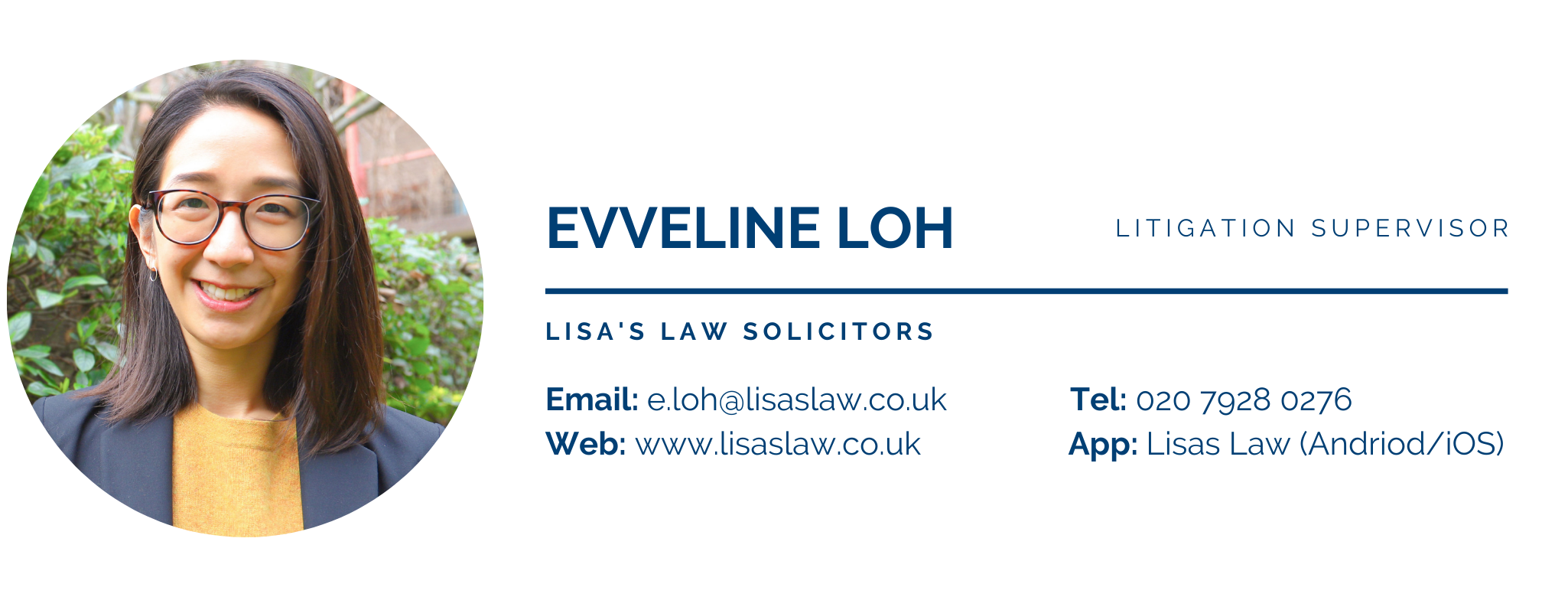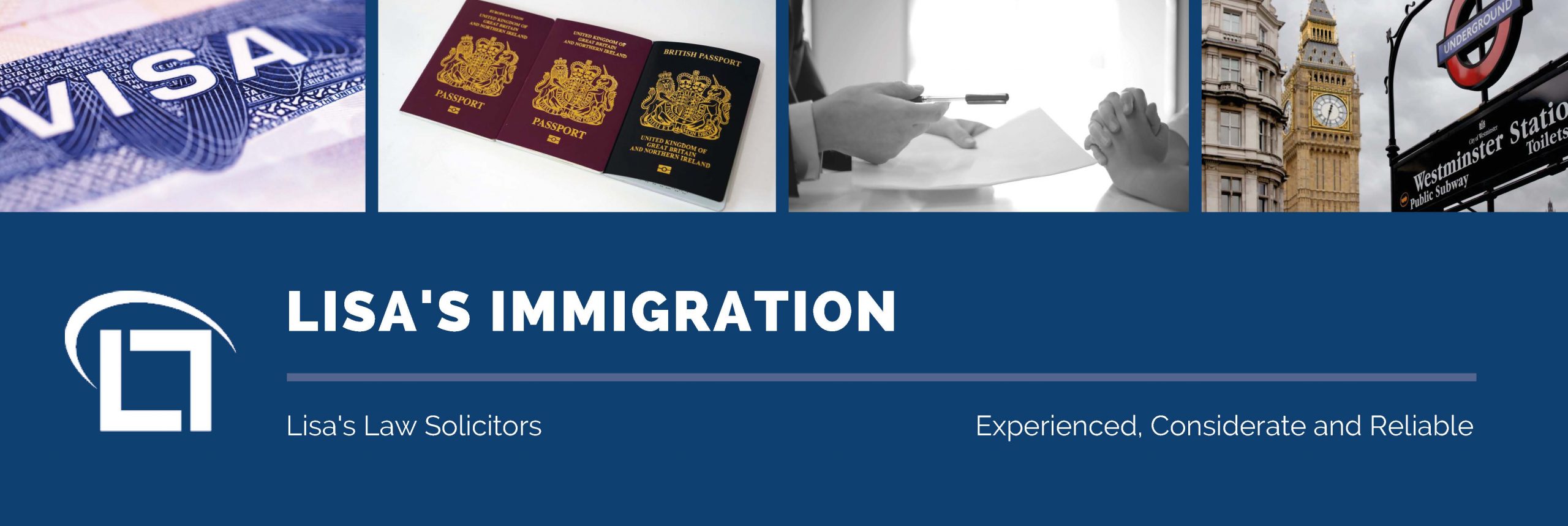Written by Xinlei Zhang.

When considering financial resolution in divorce, usually couples are able to agree on financial arrangements between themselves or with the help of solicitors. If this is not possible, you may seek help from family mediation or, as a last resort, seek a Court order. Let us delve into the legal principles when determining financial disputes.
Statutory Factors under Matrimonial Causes Act 1973
What are factors should be taken into account in order to adjust the financial position of the parties to a marriage by the Court? The answers is that the Court has duty to have regard to all the circumstances of the case in exercising such discretion by the virtue of the legislation. That is to say, the outcome will depend on each case’s own facts; there is no ‘guaranteed result’. It should be noted that the first consideration should be given to the welfare while a minor (not attained the age of eighteen) of any child of the family, other matters listed in the legislation are:
- the income, earning capacity, property and other financial resources which each of the parties to the marriage has or is likely to have in the foreseeable future, including in the case of earning capacity any increase in that capacity which it would in the opinion of the Court be reasonable to expect a party to the marriage to take steps to acquire;
- the financial needs, obligations and responsibilities which each of the parties to the marriage has or is likely to have in the foreseeable future;
- the standard of living enjoyed by the family before the breakdown of the marriage;
- the age of each party to the marriage and the duration of the marriage;
- any physical or mental disability of either of the parties to the marriage;
- the contributions which each of the parties has made or is likely in the foreseeable future to make to the welfare of the family, including any contribution by looking after the home or caring for the family;
- the conduct of each of the parties, if that conduct is such that it would in the opinion of the Court be inequitable to disregard it;
- in the case of proceedings for divorce or nullity of marriage, the value to each of the parties to the marriage of any benefit . . . which, by reason of the dissolution or annulment of the marriage, that party will lose the chance of acquiring.

Case law principle
In the meantime, the case law makes fairness the overriding objective in financial proceeding, aiming to achieve a fair outcome between the parties. Largely, the fairness is achieved by the means of equality of division of the marital assets. In the recent case E v L [2021] EWFC 60, the judgement underlined the sharing principle.
EvL
In this case, the husband was aged 66, and the wife was aged 61, no child between them. The parties engaged in September 2016, married on 20 June 2017, and separated in 2019. The wife is a housewife, while the husband is a highly successful production manager.
There are two key issues facing the Court in this case:
- Childlessness
It was the husband’s argument that due to the fact that there had been no child from the marriage, the general rule of equal division was not applicable to this case.
Unfortunately, the Court was not persuaded on this issue. According to the judgment, ‘the sharing principle looks at the value accrued during the span of the marital relationship and, deeming the parties’ incommensurable contributions to that accrual to be of equal worth, divides that value equally. Why should the presence of a child make a difference?’ When the Court applying for the sharing principle, the key point to bear in mind is that a marriage is a marriage, it is not the Court’s position to ask why there are no children. Therefore, the judge concluded in this case that childlessness should be banished from any consideration of whether there should be a departure from the application of the equal sharing principle.
- Shortness of the marriage
The husband also argued that their marriage was very shortly and only lasted for less than three years, which justified the departure from the general rule of equal division. This argument did not stand well with the Court as well.
The Court ruled that the quality of a marriage had nothing to do with its duration. A short marriage did not necessarily mean that the marriage between the parties were not good. When considering the issue of asset division, the shortness of the marriage would be reflected in the nature of things by the fact that, in a short marriage, the accrual of the family’s assets would almost inevitably be less than in a longer marriage, it is not unfair to apply the sharing principle of the marital acquest in the case. Therefore, the equal sharing principle is applicable as much to short marriages as to long marriages, and the shortness of time will inevitably affect the quantum of the result not the quality of the principle, unless there are extreme factors to be taken into account in order to achieve the fairness between the parties.

Summary
Although there is no established presumption of an equal division of assets in financial provision in the case law, we can understand that there have to be a good reason for a Court to depart from an equal division of the marital assets. The fairness must always prevail. The equality is a starting point in assessing the case, while statutory factors still play important roles in considering the appropriate outcome in each case.
Have questions? We are here for you!
Call us on 020 7928 0276, phone calls are operating as usual and will be taking calls from 9:30am to 6:00pm.
Email us on info@lisaslaw.co.uk.
Use the Ask Lisa function on our website. Simply enter your details and leave a message, we will get right back to you: https://lisaslaw.co.uk/ask-question/
Or, download our free app! You can launch an enquiry, scan over documents, check progress on your case and much more!
Links to download below:
iPhone: https://apps.apple.com/us/app/lisas-law/id1503174541?ls=1
Android: https://play.google.com/store/apps/details?id=com.lisaslaw






































